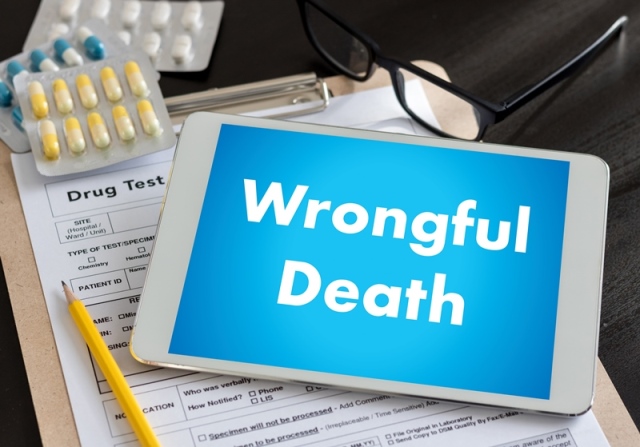Privacy Considerations And Vaccines
Wrongful Death Lawyer
Privacy laws vary from state to state. It is noteworthy that the HIPAA law does not provide a private right of action, meaning that even if a patient’s privacy rights are violated by an unauthorized disclosure of their protected health information, they cannot sue under the HIPAA law. Instead, state law must provide a basis for filing a lawsuit. Often, the basis for filing a lawsuit for a HIPAA violation lies in the state’s common law.
Common law is judge-made law that develops over time. Many claims that are developed in order to provide compensation to an individual who is injured by the negligence of another individual arise out of the common law. Likewise, since HIPAA regulations do not provide a private right of action, you may have to look to your state’s common law in order to determine whether you can sue when someone violates your privacy by either accessing your protected health information or disclosing your protected health information without your authorization.
Notably, the HIPAA law applies only in the health care setting. Qualified entities that must comply with its regulations are limited to hospitals, long-term care facilities (nursing homes) and the like. HIPAA regulations do not apply explicitly in the employment setting.
In light of the recent pandemic, many questions have arisen about privacy rights in the employment setting. Employers may require employees to become vaccinated or otherwise take steps to reduce the risk of a Covid 19 transmission, such as wearing a mask, social distancing or quarantining. In the process of setting these workplace standards, employers inevitably compile a list of those employees who have been vaccinated. Because the HIPAA law applies only to the health care setting, it does not set a standard applicable to the workplace generally.
In determining whether your right to privacy has been breached in the workplace by virtue of an employer disclosing your vaccine status or by a coworker accessing that information or spreading it about the office, you must look to state law and any contractual arrangements that apply to your specific workplace. For example, privacy rights might be addressed by a collective bargaining agreement if you are a union member. Privacy rights might also be addressed in an employment contract. If you are an at will employee, your rights will be established by common law of the state in which you reside.
Since the issues created by the pandemic are so new, much of the common law has not been developed to answer questions about employees’ rights when their vaccine status is made known in the workplace setting.
For questions about a wrongful death case, contact a wrongful death lawyer like the wrongful death lawyers at the offices of Mishkind Kulwicki Law Co., L.P.A. for help.

